Search
Search Results
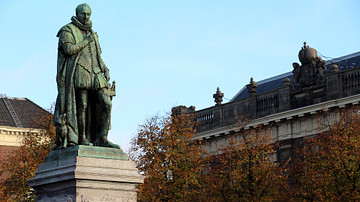
Image
William the Silent
Statute of William the Silent (l. 1533-1584, also known as William of Orange), made by Flemish sculptor Louis Royer, unveiled on 5 June 1848.
Het Plein, Den Haag.
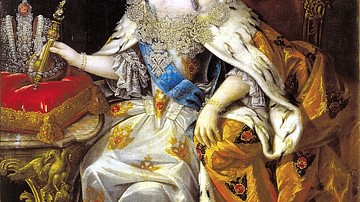
Definition
Catherine the Great
Catherine II of Russia (Catherine the Great) was empress regent of Russia from 1762-1796. She was born in Prussia to Prince Christian August of Anhalt-Zerbst (1690-1747) and Princess Johanna Elisabeth of Holstein-Gottorp (1712-1760), and...
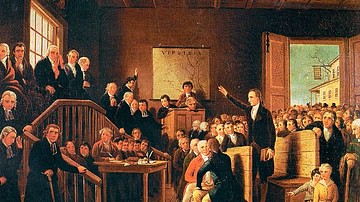
Definition
Parson's Cause
The Parson's Cause was a legal and political controversy that arose in the British colony of Virginia in the early 1760s. In response to the royal veto of the Two Penny Act, a policy passed by Virginia's House of Burgesses, a young lawyer...
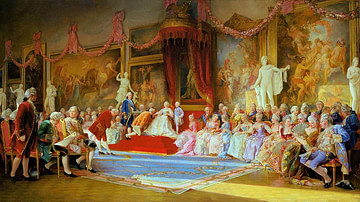
Article
Reforms of Catherine the Great
Catherine II of Russia (Catherine the Great) was the empress regent of Russia from 1762 to 1796. During the mid-18th century, Russia was still regarded as culturally behind compared to Western European countries. However, during her reign...
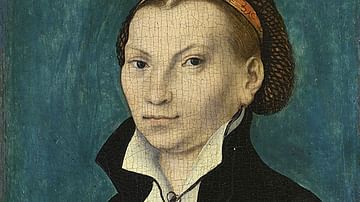
Definition
Katharina von Bora
Katharina von Bora (l. 1499-1552, also known as Katherine Luther) was a former nun who married Martin Luther (l. 1483-1546) in 1525. She, along with some fellow nuns, escaped their convent with Luther's help in 1523 in response to his reform...
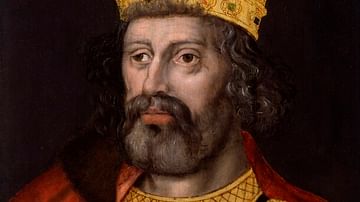
Definition
Edward I of England
Edward I of England reigned as king from 1272 to 1307 CE. Edward succeeded his father Henry III of England (r. 1216-1272 CE) and was known as 'Longshanks' for his impressive height and as 'the Hammer of the Scots' for his repeated attacks...
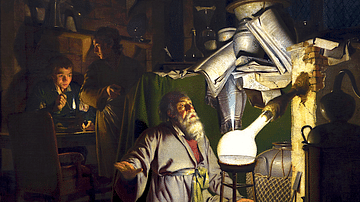
Definition
Alchemy
Alchemy is an ancient practice aimed at recreating precious substances using recipes and transformative materials such as the philosopher's stone. Alchemists believed that materials like gold, silver, gems, and purple dye could be recreated...
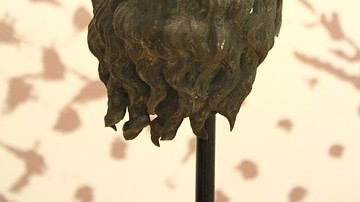
Definition
Gorgias
Gorgias (l. c. 427 BCE) was a Greek Sophist and philosopher, considered the greatest Rhetorician of his day. He is said to have created several aspects of public speaking still in use and to have mastered the art of persuasion, commanding...
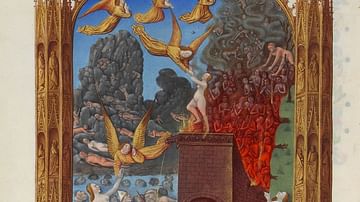
Article
Ghosts in the Middle Ages
The medieval Church informed the people's religious imagination during the Middle Ages (c. 476-1500) and the world was therefore interpreted - even by heterodox Christians - through the Church's lens. Ghosts – referred to as revenants – were...

Article
Eastman's Biography of Red Cloud
Eastman's biography of Red Cloud (l. 1822-1909) is the first narrative of his Indian Heroes and Great Chieftains (1916), and it sets the tone for those that follow, including the pieces on Sitting Bull and Crazy Horse, in explaining the motivation...